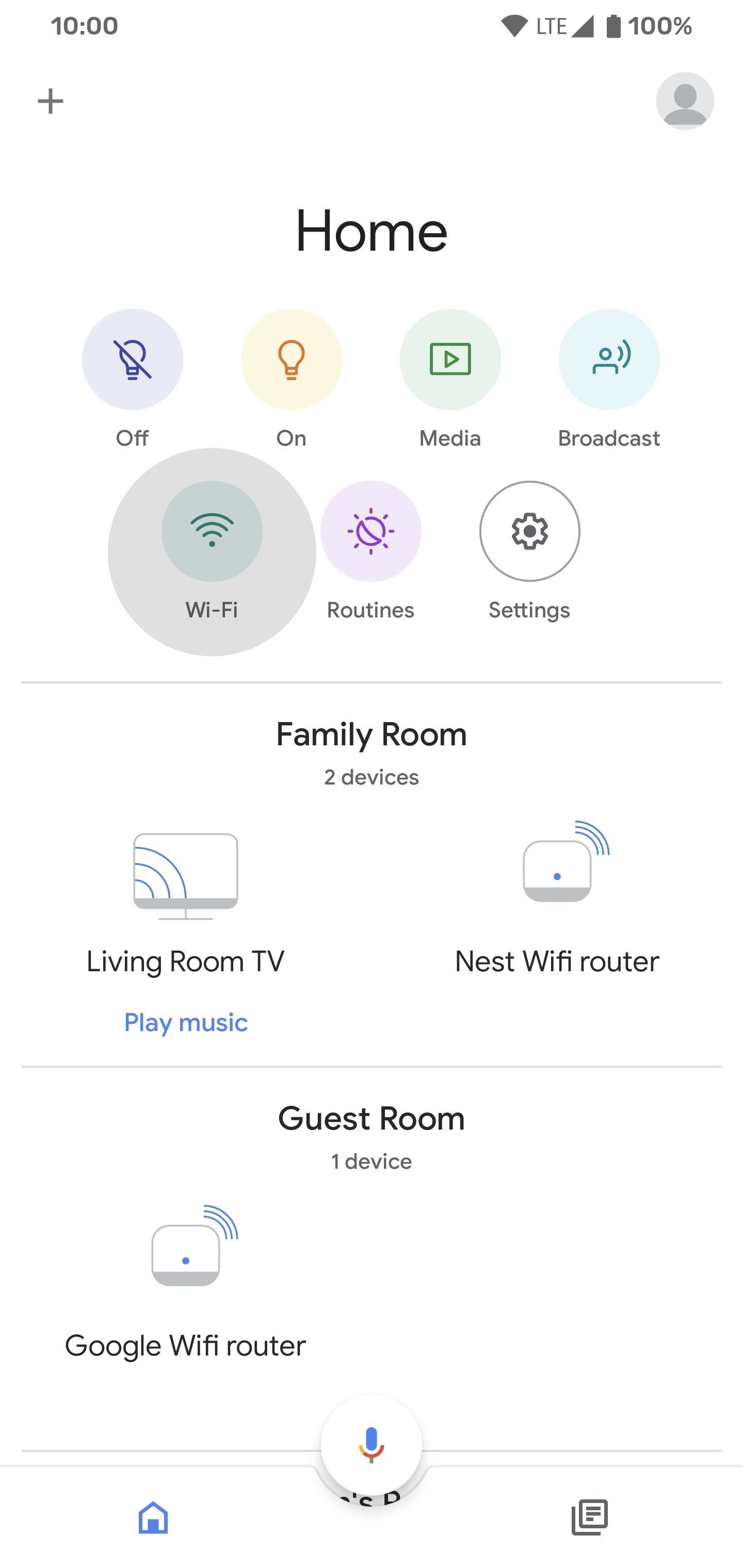

Microsoft, for example, declined to comment for this story. The sensitivity has made it harder to figure out exactly who is collecting wireless data and what they are logging. This information could include e-mail messages, passwords, or anything sent without encryption on a wireless network.
#GOOGLE WIFI HACKER TRIAL#
And now the company is in trouble with European regulators, state attorneys general and numerous trial lawyers, who have brought class-action lawsuits against Google for logging the wide-open “payload” data that can be seen on unsecured wireless networks. Google pulled the plug on its Street View Wi-Fi data collection after it was forced to admit that its cars were logging a lot more data than most people - Google included - had realized. The problem is that many consumers are skittish about widespread collection of wireless data. In the city, it’s hard to beat geolocation via Wi-Fi. GPS is very accurate, but GPS devices need a clear line of sight to a satellite in order to work, so it doesn’t work well indoors or in dense urban environments. Cell tower data is pretty vague - there can be miles between cell towers in rural areas. There are three ways that location-aware programs can do this: They can take GPS (Global Positioning System) readings, get a rough guess of where you are by figuring out what cell tower you’re using, or look at the Wi-Fi networks in your immediate vicinity. But the companies collecting this data haven’t come under much scrutiny, many users do not understand how the data is being collected or why, and security experts are just now starting to discover some of the ways that this information could be misused. As it becomes increasingly important for programs that run on your phone to know exactly where you are - to be location-aware in industry parlance - having a way of figuring out exactly where you are becomes critical.

It’s a trend that’s been spurred by the intense interest in applications such as FourSquare and Facebook Places. There are others: A Boston company, Skyhook Wireless, has been logging wireless access points for years, as has its competitor, Navizon of Miami Beach, Florida.

In the past few months, Apple has quietly started building a similar database, leveraging its large base of users to log basic Wi-Fi data.
#GOOGLE WIFI HACKER ANDROID#
Instead of sending out cars to sniff out wireless networks, Google is now crowdsourcing the operation, with users of its Android phones and location-aware mobile applications doing the reconnaissance work for it. Four months ago, amidst a backlash from government regulators and privacy advocates, Google stopped collecting Wi-Fi data with its Street View cars.But that doesn’t mean Google has stopped collecting wireless data altogether, and neither have other companies such as Apple.


 0 kommentar(er)
0 kommentar(er)
